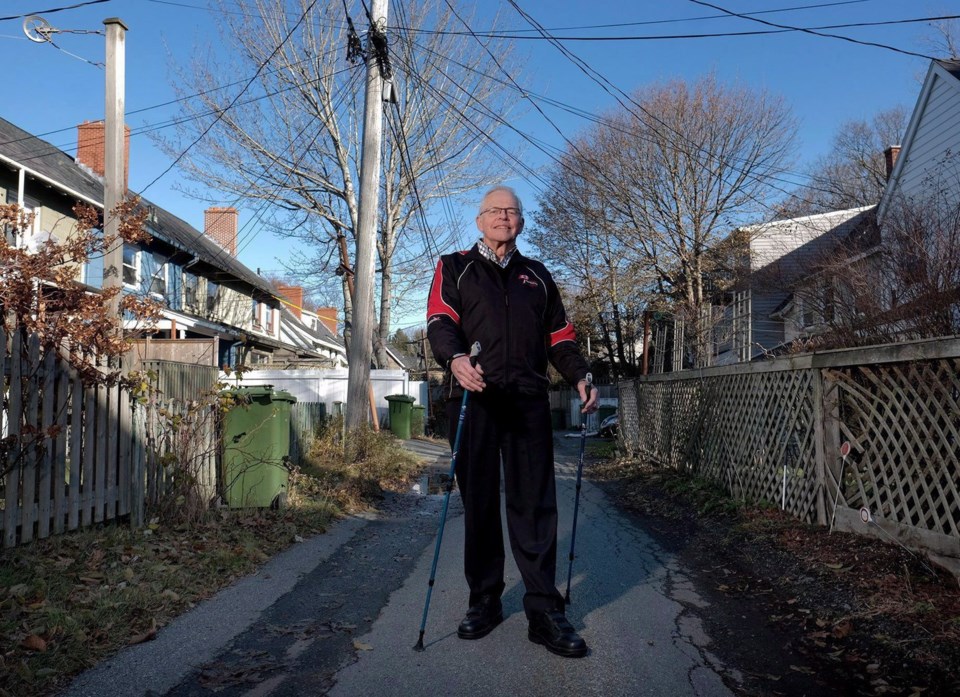HALIFAX — A group advocating for seniors believes Nova Scotia's elections agency has made a mistake by opting not to mail out voter information cards in the current provincial campaign, calling the move short-sighted and arguing it risks excluding a key demographic from the voting process.
The Canadian Association of Retired Persons said many seniors don’t use the internet regularly and rely on the postal service for voting information, adding Elections Nova Scotia's decision leaves older voters at a unique disadvantage.
"(Seniors) don't do social media, they don't look on the internet for this kind of information," spokesman Bill VanGorder said Friday in an interview.
The provincial elections agency announced Thursday it would not send voter information cards in the mail this election due to a potential strike by Canada Post workers. The Canadian Union of Postal Workers has announced its rural and urban mail carriers voted overwhelmingly in favour of strike action if there is no progress in negotiations with the employer. The union will be in a legal strike position as of Sunday, but no notice of strike action has been served so far.
Nova Scotia Liberal Party Leader Zach Churchill also criticized the agency's decision, saying the lack of mailed cards will make voting difficult for seniors and those with poor or non-existent internet connections. In a Friday email sent to Dorothy Rice, Nova Scotia's chief electoral officer, Churchill said the move "carries significant negative consequences for voter engagement and our democratic process."
Seniors have historically engaged well with the political process and are active participants in elections. An Elections Nova Scotia report released after Nova Scotia's 2021 provincial election estimated there were about 215,000 registered voters who were over 65, making up 28 per cent of electors in the province. The same report said roughly 148,000 people in this group cast a ballot, and accounted for 35 per cent of total voters.
Many of the issues dominating the current campaign include healthcare, housing and the cost of living. All are issues that resonate with older voters.
VanGorder said he's already heard five complaints from seniors concerned about where to find voting information. While this number seems small at first glance, he said to hear complaints that quickly from a demographic that otherwise doesn't always notice this kind of news is significant.
Elections Nova Scotia spokesperson Naomi Shelton said the decision not to send voter information cards this year was difficult, but noted there are other ways for voters to find out where to cast their ballots, including finding polling locations via the agency's website or calling a phone line for polling information. Shelton also said there are usually polls stationed in congregate living settings for seniors to give older Nova Scotians the opportunity to vote.
The elections agency also said it has an awareness campaign in the works to alert “underserved” voters about how they can vote on Nov. 26. Though the details of this campaign are still being finalized, Shelton said the agency will pivot to radio messaging, social media ads and some "traditional" modes of advertising.
While VanGorder said he is glad to hear the elections agency is doing the work to get the message out to seniors, he said any advertising over radio, television or print media must be "fair and strong and regular so people are able to get the message." He also urged the elections agency to get in touch with major organizations serving seniors in the province and get them involved in circulating information about where to vote.
This report by The Canadian Press was first published Nov. 2, 2024.
Cassidy McMackon, The Canadian Press



